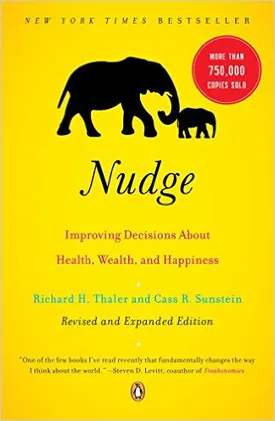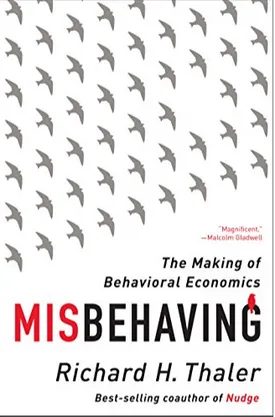Richard Thaler
In the world of economics and behavioral economics, Richard Thaler is a name that stands out in a crowd. Thaler is the Charles R. Walgreen Distinguished Service Professor of Behavioral Science and Economics at the University of Chicago’s Booth School of Business, a Nobel laureate, and a founding father of the burgeoning field of Behavioral Economics. Thaler has written many books on the subject of Behavioral Economics and its implications for everyday life, and his influence and thought have been instrumental in the development of modern economic theories.
Born in 1945 in East Orange, New Jersey, Thaler studied economics at Cornell University, where he graduated with a B.A. magna cum laude in 1967. He then attended the University of Rochester for his M.A. and Ph.D., where he focused on decision theory, game theory, and behavioral economics. After completing his education in 1974, Thaler joined the faculty at the University of Rochester, where he soon became a respected professor of economics and began to develop his career in the field of behavioral economics.
In 1979, Thaler co-founded the field of behavioral economics with the publication of his paper, ‘Toward a Positive Theory of Consumer Choice’. This paper was a major milestone in the development of modern economic theories and it provided many foundational concepts that still remain relevant today. Throughout his career, Thaler has sought to bring the insights of psychology into economics, in an attempt to unite the two fields and develop a more realistic theory of economics. This approach has resulted in his many books, which offer readers an insight into the unstoppable influence of economic decisions on our lives and how our choices can be influenced by a variety of non-motivational factors.
Thaler is perhaps best known for his writing on the subject of rational choice theory, as can be seen in his book Nudge: Improving Decisions About Health, Wealth, and Happiness, which was co-authored with Cass Sunstein and released in 2008. Nudge was a groundbreaking book that offered an in-depth look into the idea of ‘choice architecture’, the concept of structuring decisions so that people have fewer chances of making an irrational decision, and it put behavioral economics firmly on the map for the public. His other books include Misbehaving: The Making of Behavioral Economics, The Winner’s Curse: Paradoxes and Anomalies of Economic Life and Quasi-Rational Economics, as well as many journal articles and essays.
In 2017, Thaler was awarded a Nobel Prize in Economics for his pioneering findings in the field of Behavioral Economics. This impressive accomplishment puts Thaler in the distinguished league of Nobel laureates, and it reaffirmed the importance of his groundbreaking theories in the development of modern economic concepts.
Thaler’s influence on modern economic theories is undeniable, and he is an important figure in the field of Behavioral Economics. Whether you’re a student of economics or an everyday consumer, Thaler's books are a great way to gain insight on how our decisions are shaped by our environment. By combining the insights of psychology with the study of economics, Thaler and his work has revolutionized the field and provided us with a greater understanding of the dynamics of consumer choice.


